“American and British companies used AI to track and block all deliveries.”
The slide of the Russian Academy of Sciences into the club system seems to have stopped — just a few months before its 300th anniversary . According to the President of the Russian Academy of Sciences Gennady Krasnikov, who spoke on November 9 before deputies of the State Duma of the Russian Federation with a report on the work done, the new leadership of the Academy managed to slightly turn the tide towards increasing the authority of the organization.
 Photo: duma.gov.ru
Photo: duma.gov.ru
Getting out of a crisis always involves the need to act in several directions simultaneously. Likewise, the new leadership of the Russian Academy of Sciences, re-elected a year ago, in addition to the most pressing issues of funding research, returning the academy to its most important function of scientific and methodological leadership over all scientific organizations of the country, had to deal in 2023 with the return of its historical buildings in St. Petersburg, and develop a program of holiday events, because the high-profile anniversary of the Russian Academy of Sciences is coming up, its 300th anniversary, which will be celebrated in 2024.
“At one time, Zhores Ivanovich Alferov, my friend and teacher, made a lot of effort to create a regional branch of the Russian Academy of Sciences in St. Petersburg,” Krasnikov said. “And so, on the eve of the academy’s anniversary, we created a department and achieved the return of a complex of historical buildings at 5 Universitetskaya embankment to the Russian Academy of Sciences. It was there that its presidium was located before moving to Moscow in 1934. This is a very important event for us. Next year we will hold a ceremonial retreat there.
In addition to the new branch on the Neva, according to Krasnikov, the Southern Association of Scientific Organizations was also formed, which included those that came to us with new territories. In total, the association included 150 research institutes and 62 universities. Academicians have already held two meetings of the association, learning from the experience of science organizers from Crimea, who, after 2014, already had to integrate former Ukrainian institutes into the Russian system.
Now for the most urgent matters. The new leadership of the Russian Academy of Sciences finally managed to get the funding of the so-called sixth subprogram of the PFNI “On the creation of a scientific and technical basis for the defense-industrial complex in the interests of the country’s defense and state security” off the ground,” which at one time was strangely bypassed in funding, despite the fact that it was supported by Vladimir Putin himself.
— When I arrived, there were three documents signed by Putin (regarding the sixth subprogram), but nothing was done. In October, we ensured that the government issued a decree to launch the subprogram, found sources of funding… — said Krasnikov.
As MK previously wrote, this year the Kurchatov Institute, headed by Mikhail Kovalchuk, came under the scientific methodological leadership of the Russian Academy of Sciences. Gennady Yakovlevich told the deputies that at the first stage, when the academy experts began to look at the work of this scientific organization, there were 20 percent of negative reviews. “Mikhail Valentinovich (Kovalchuk) thanked us very much for the work done,” Krasnikov noted. He expressed the wish that it would be very nice if the Higher School of Economics and RANEPA, which are still out of the total number of scientific organizations, also entrusted the examination of their work to the Russian Academy of Sciences.
“If until February 24 last year we lived like in a supermarket, according to the principle “we’ll buy whatever we need,” now the situation has changed and instead of the citation index in journals, the demand for scientific developments comes to the fore,” said the President of the Russian Academy of Sciences. According to him, the Academy will now select the best works on the topics it has formed.
By the way, according to Krasnikov, the issue of abolishing the categorization of institutions has already been resolved — this should happen before the end of this year. «MK» has written more than once that the division of research institutes into categories greatly interfered with the work of scientists.
Deputy Oleg Smolin asked about the situation with microelectronics in the country: can we still return to independent production of products?
“The main sanctions blow was dealt specifically at our microelectronic technologies,” answered the President of the Russian Academy of Sciences. — American and British companies used artificial intelligence resources to track all deliveries of the components we needed to Russia and blocked them. Vladimir Vladimirovich and I discussed this issue, and today the situation is fundamentally changing. We have developed a whole program so as not to depend on electronic technologies. It also concerns the production of highly pure materials (we have begun to create again what we once lost), and we have begun to create programs for electronic engineering, machine tools, and equipment anew. Enormous money is being allocated, the program is moving forward, and we are confident that within a few years the invested funds will yield results.
Krasnikov’s opinion on the possible return of institutes to the fold of the Russian Academy of Sciences turned out to be interesting:
— A conflict has arisen: if we simply take institutes to us, then we will not be able to conduct an examination. Either you take back the institutes and become one of many corporations, or you take on the function that once belonged to the State Committee for Science and Technology, where you coordinate the activities of all scientific organizations in the country, conduct an examination of work, and determine the rating of institutes. And we took this (second) path: today we coordinate the activities of 42 federal executive authorities (federal executive bodies. — Author), including ministries, state corporations such as Rosatom, Roscosmos…
Stavropol region representative Mikhail Kuzmin asked Krasnikov a question about the practical application of scientific developments.
“The term “in demand” does not mean that the product will immediately go into production,” answered the President of the Russian Academy of Sciences.
But he still gave an example of using the work of mathematicians: there is a program that allows you to calculate, day by day, 5 years in advance, the forecast of particularly significant extreme events.
Touching on the topic of installations useful for the country, Gennady Yakovlevich mentioned the Center unique instrument making, which has recently been widely discussed in connection with the dismissal of its director Marat Bulatov.
— Previously (before Bulatov’s arrival. — Author) at the Center for Unique Instrument Making of the Russian Academy of Sciences they created truly unique installations that were are in demand in other institutes, and then they (the center’s management) began to position themselves differently, began to report with articles that did not correspond to the level of the center, Krasnikov clarified.
In conclusion, the head of the RAS cited data from a nationwide study, which conducted by the Institute of Psychology of the Russian Academy of Sciences regarding the attitude of citizens towards the Russian Academy of Sciences. As of May 2023, 89% of respondents were informed about the academy, and 71% of them trust it. This is 4 points higher than previous results.










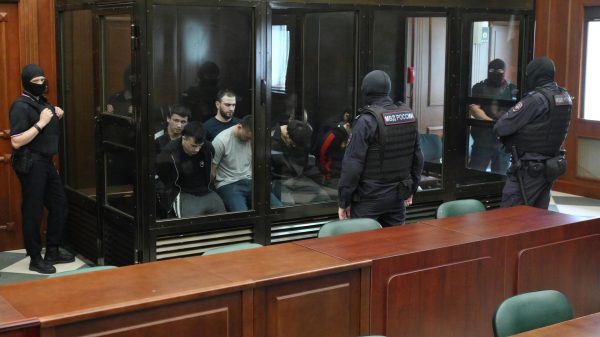







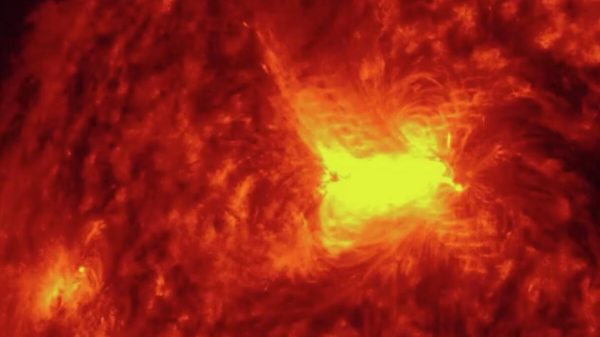

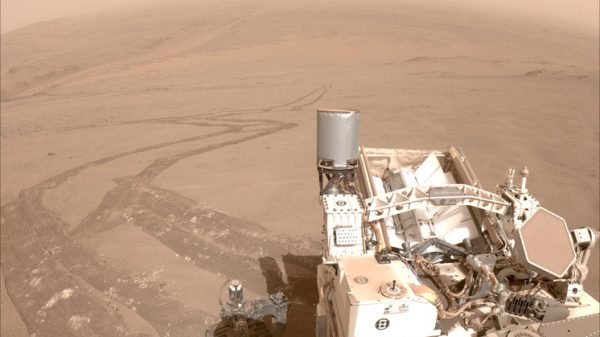















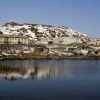
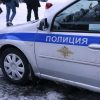

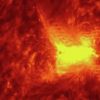














Свежие комментарии